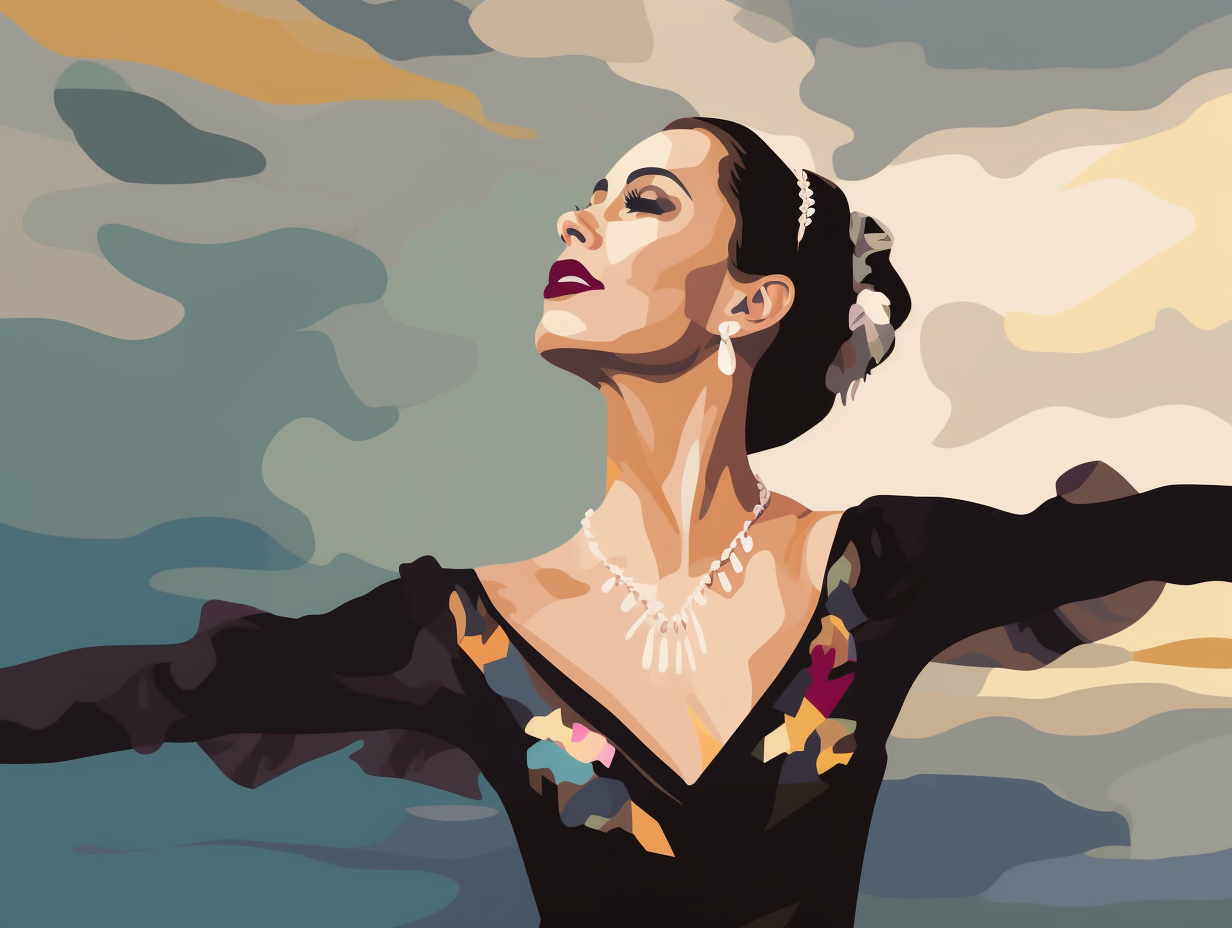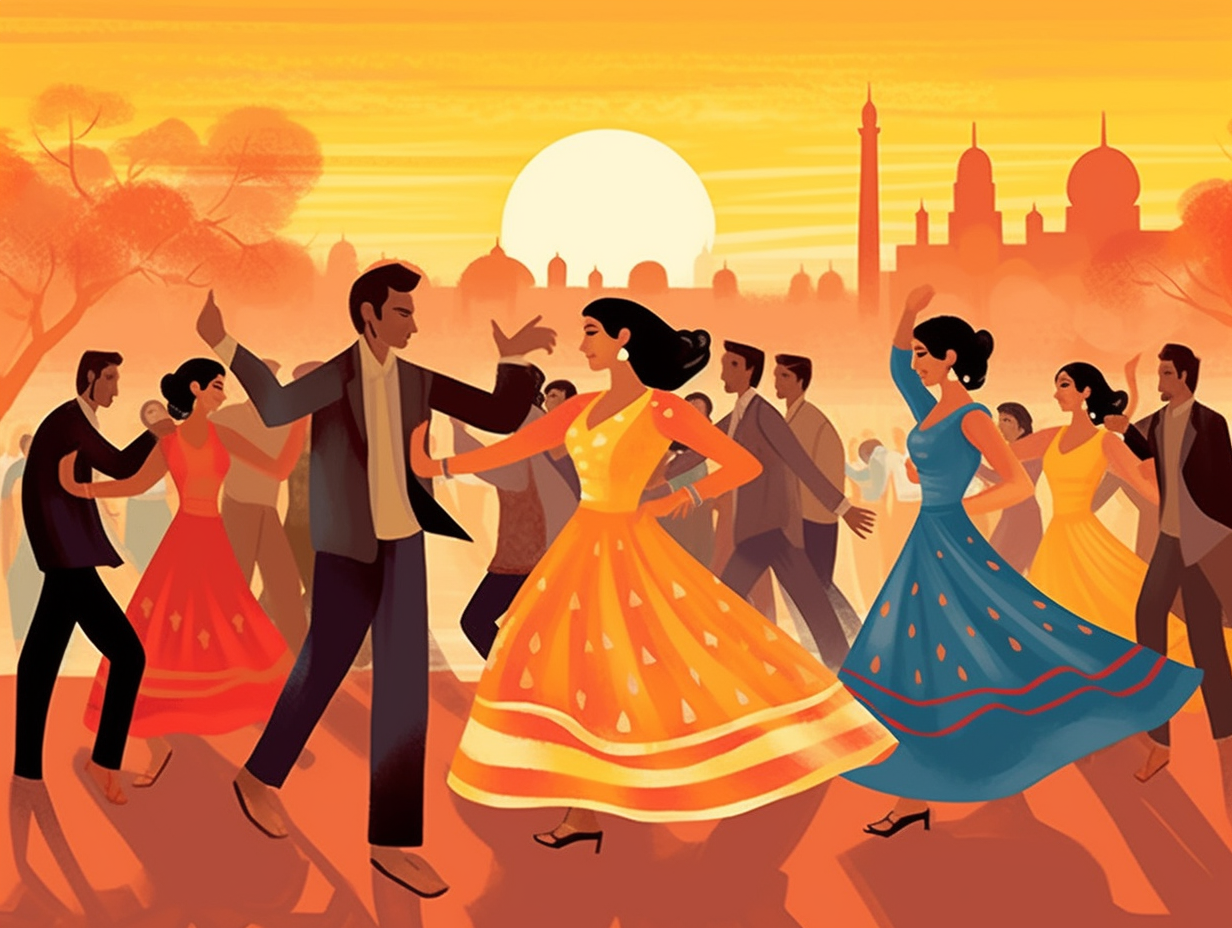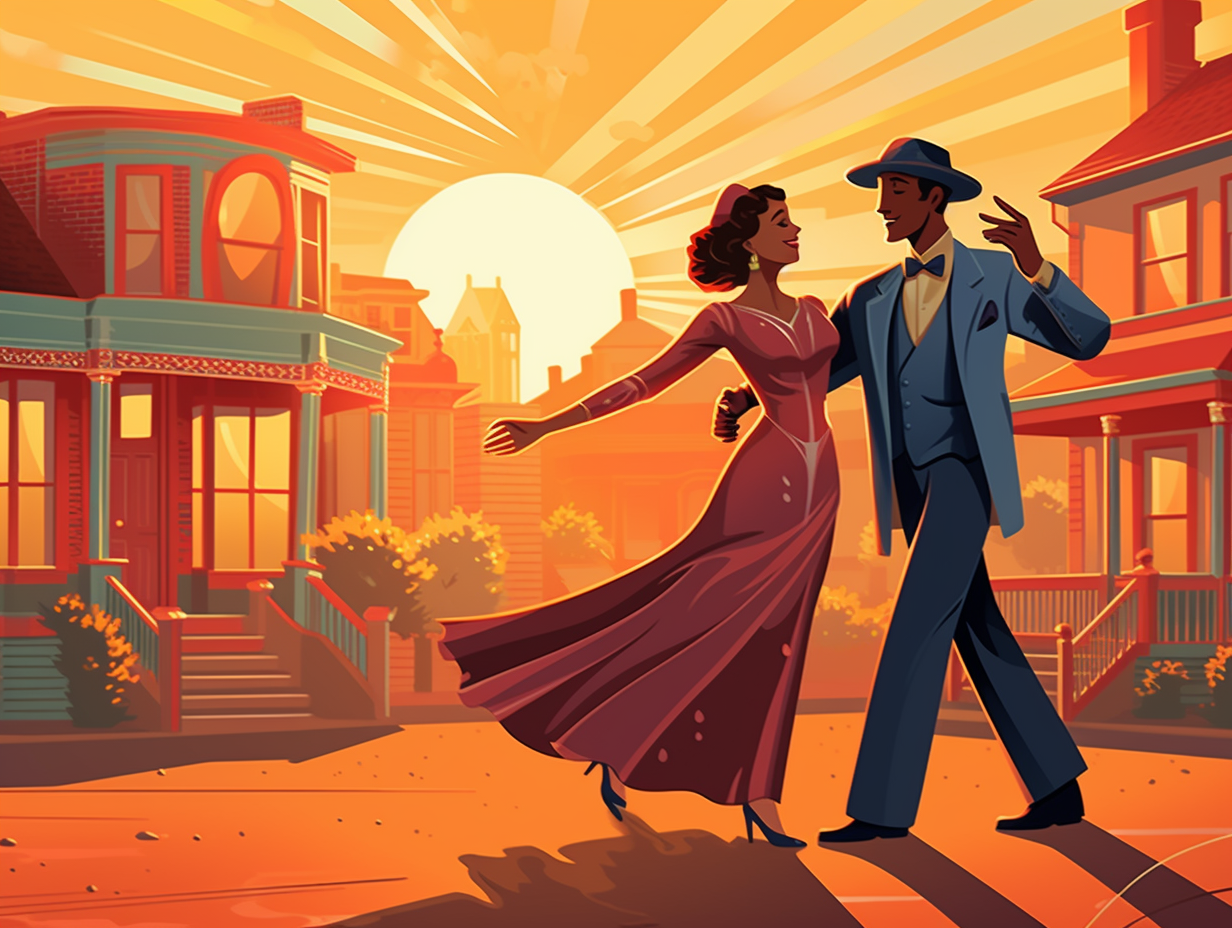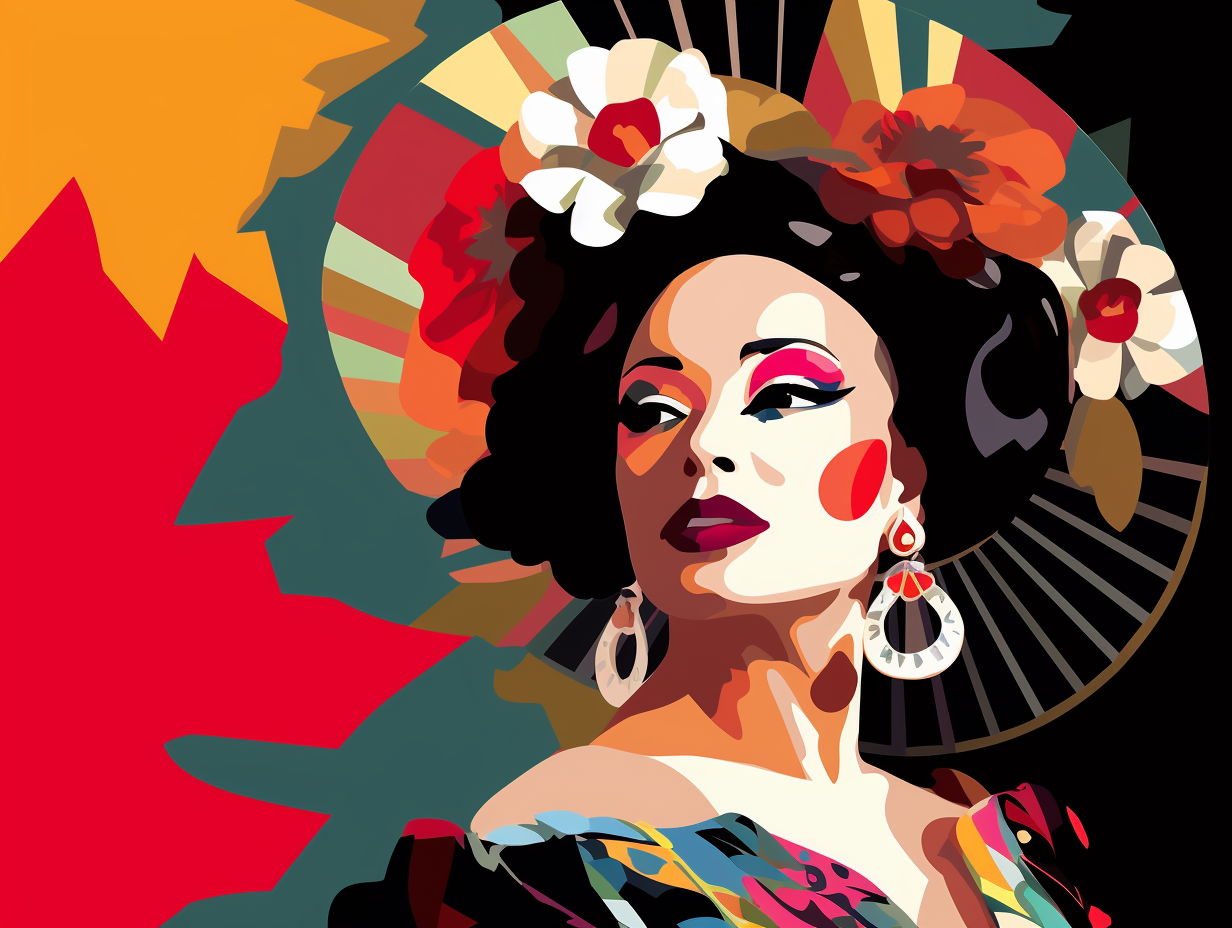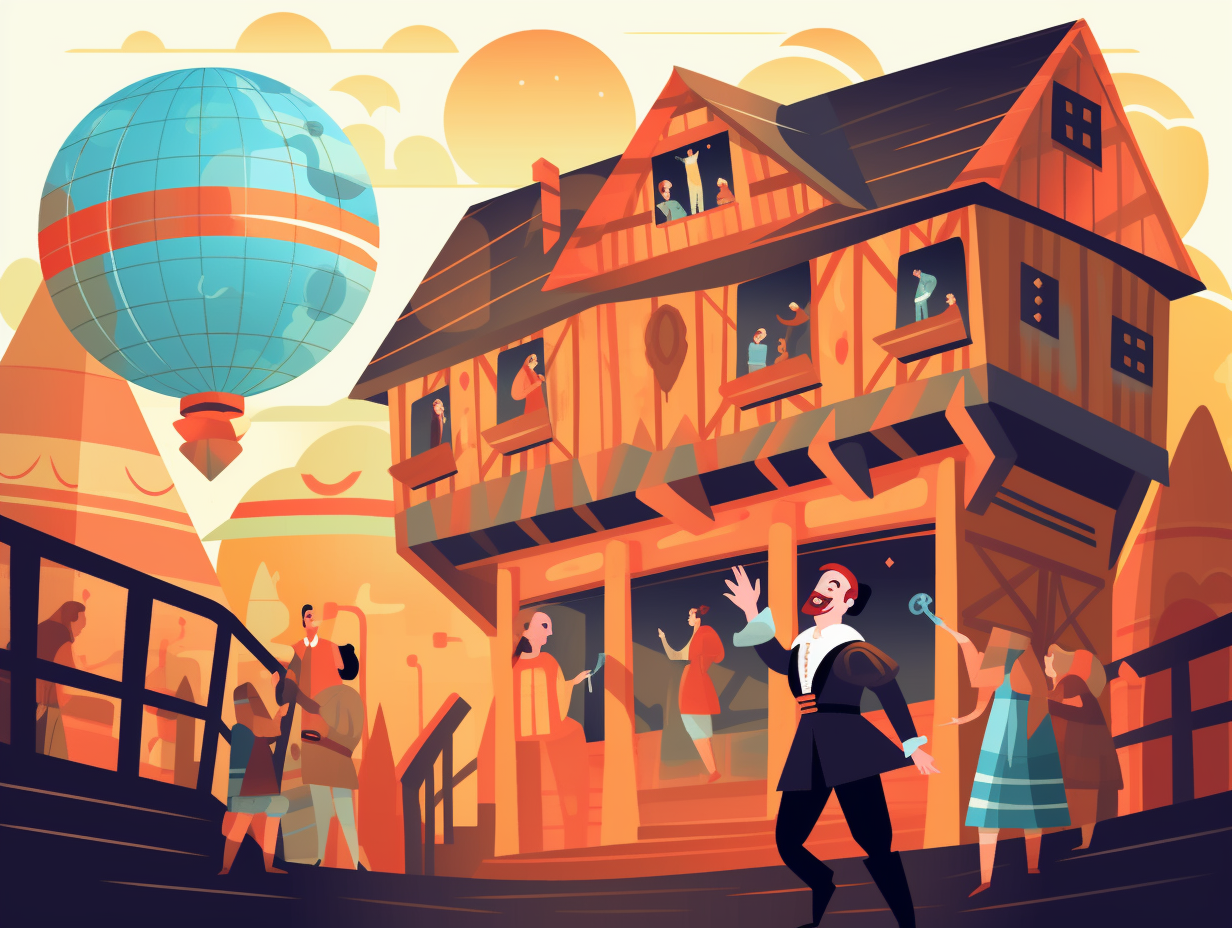10 Enchanting Fun Facts About The Nutcracker Ballet: Unveiling the Magic
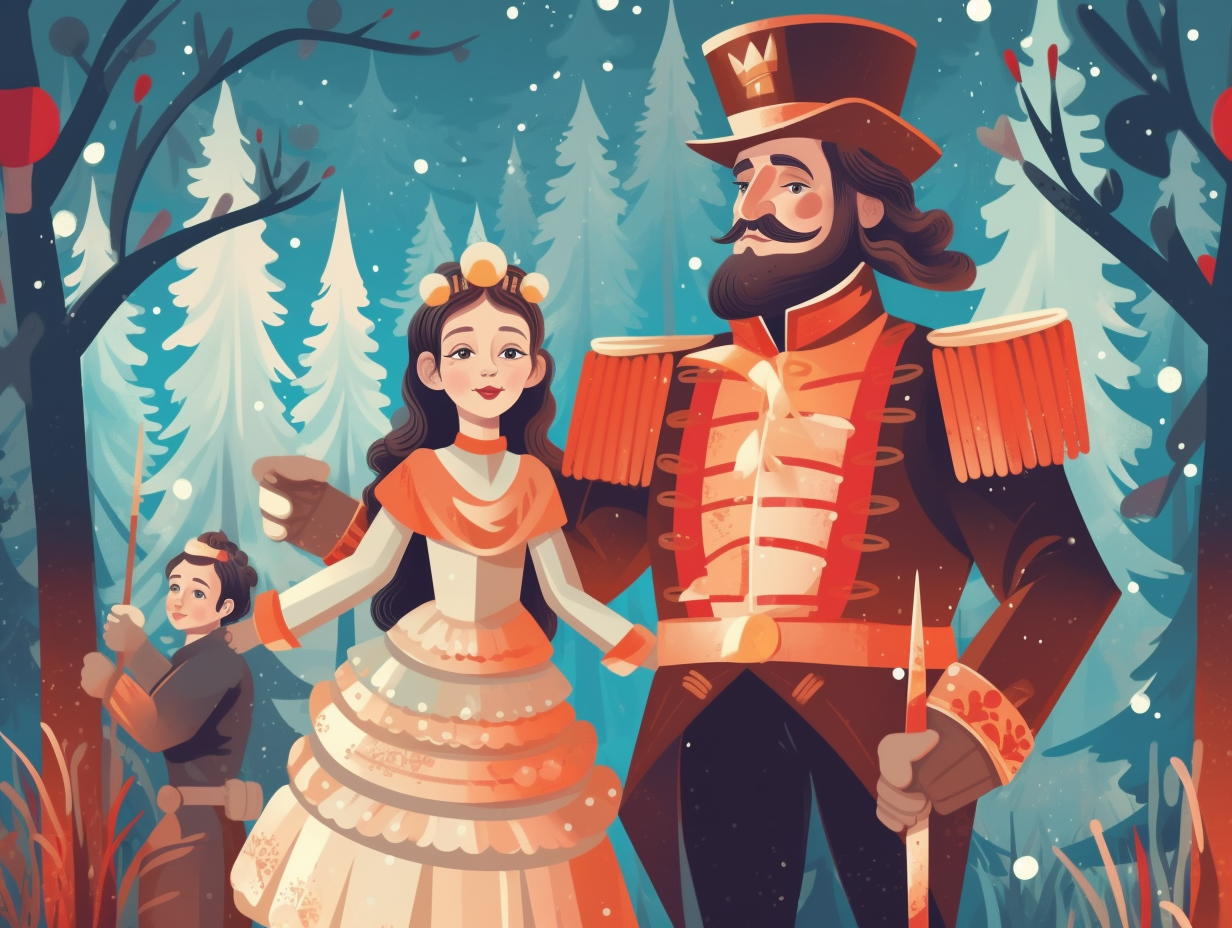
1. Nutcracker's Rocky Debut
Imagine the shock of the Nutcracker's world debut being as nutty as a fruitcake and as warmly received as a regifted Christmas sweater: it turns out that when Tchaikovsky's The Nutcracker ballet premiered in 1892, it was initially panned by critics and failed to crack audiences' hearts. However, it was the composer's The Nutcracker Suite – selections from the ballet – that garnered success during his lifetime, later launching the full ballet into becoming a beloved holiday staple across North America.
Source => literature.fandom.com
2. Sugar Plum Fairy's Sweet Origins
A sugar-coated revelation: Contrary to popular belief, the notorious Sugar Plum Fairy was never a part of the original Nutcracker story, but merely a sweet-tooth's fantasy added by the ballet's creators, inspired by the sugary treats made from nuts or seeds coated with sugar during that era.
Source => danceadvantage.net
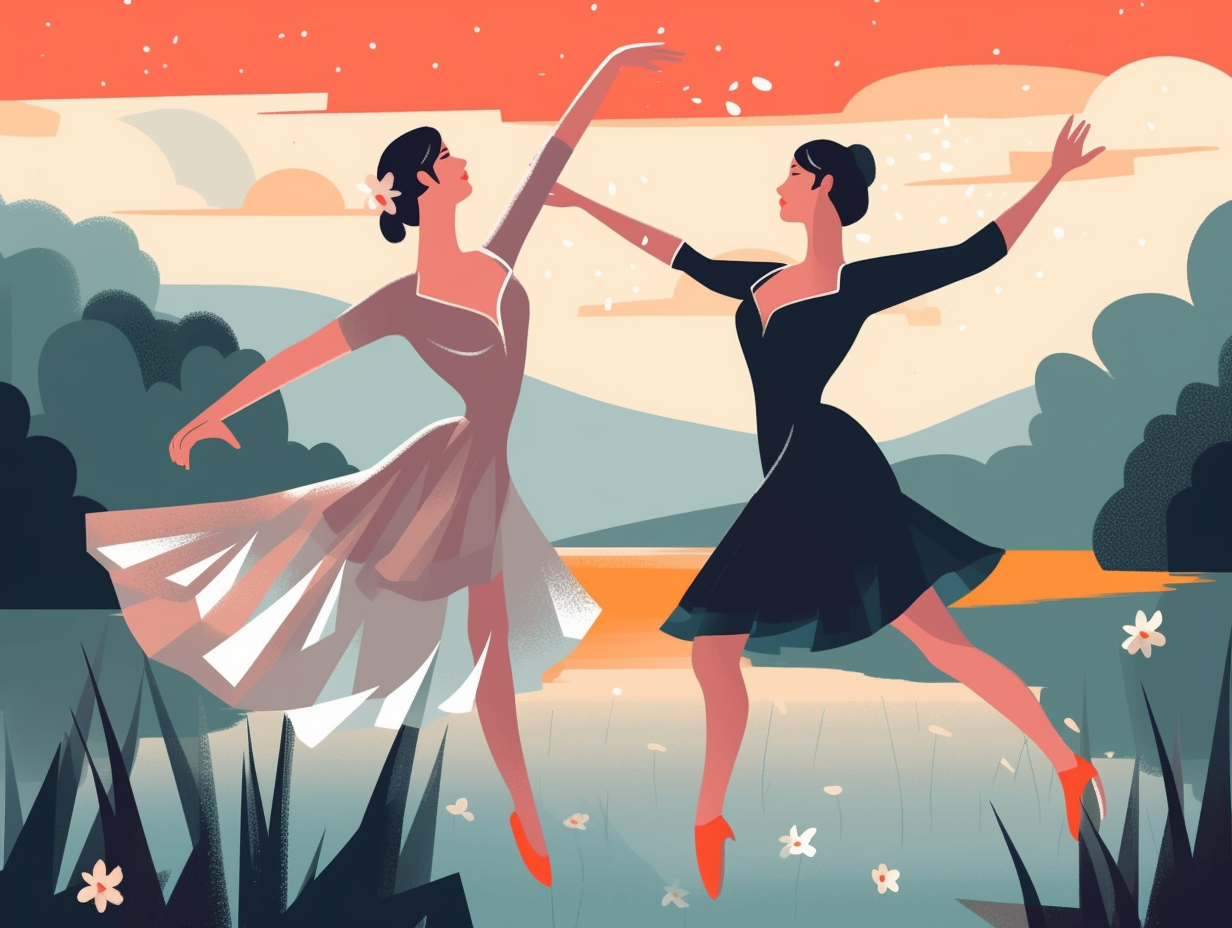
Did you know that ballet dancers spin like human Beyblades while performing the dizzying 32 fouetté turns on pointe? Icons 💃⚡🌀 Even legends like Margot Fonteyn have had their off days!
=> Fun Facts about Ballet
3. Paper Snowflake Secrets
Dancing in a winter wonderland without catching a chill or leaving a slippery mess, all the while fighting the urge not to snack on some very tempting paper snowflakes: The snow in "George Balanchine's The Nutcracker" and "The Hard Nut" by Mark Morris is made of various-sized, flame-retardant paper flakes that are recycled from show to show. Dancers must carefully toss the snow and keep their mouths shut during blizzard scenes to avoid clumped snow or accidentally swallowing any paper, with this eco-friendly "snowfall" weighing around 50 pounds per performance in Balanchine's version and 20 pounds in Morris's adaptation.
Source => nytimes.com
4. Clara's Shoe-Throwing Skills
In a stunning and stylish display of "sole-ful" defense, Clara was clearly ahead of her time in the "throwing shade" department – or maybe that should be "throwing shoe" department: In The Nutcracker ballet, Clara chucks her trusty shoe at the dastardly Mouse King, which ultimately leads to the victory of her Nutcracker companion and opens the gateway to a whimsical adventure through the Land of Sweets.
Source => classicfm.com

5. Nutcrackers' Satirical Roots
Hold on to your nuts, because here's a cracking tale: Nutcrackers were first designed as caricatures of authority figures like strict soldiers, meddlesome monarchs, or pesky religious bigwigs as a satirical jab by German artists! Fast-forward to now, and these menacing munchers have become symbols of protection and good fortune, graciously guarding grins and homes across the globe.
Source => gingerbread-world.com
6. Black Market Nutcracker Sightings
Grab your binoculars and warmest faux-fur coat: the elusive Black Market Nutcracker can still be spotted in the wilds of St. Petersburg's famed Mariinsky Theatre, Mikhailovsky Theatre, and beyond. These venues continue to stage nostalgic and new versions of the ballet, with the classic 1934 rendition at the Mariinsky Theatre and fresher takes at the Mikhailovsky and Hermitage Theatres – making it a highly sought-after ticket that fetches a pretty penny (or ruble) on Russia's clandestine ballet scene.
Source => russianbroadway.com
7. Pint-Sized Ballet Heroes
Before there was Stranger Things' gang of misfits saving the world, there were pint-sized ballet dancers stepping into the spotlight: The Nutcracker's original 1892 production featured young performers as the main characters, with 12-year-old Stanislava Belinskaya playing Clara and 17-year-old Sergei Legat as the Nutcracker-Prince, a rare casting choice for classical ballets at the time.
Source => petipasociety.com
8. Sugar Plum Fairy's Financial Magic
You know the holiday season is upon us when the Sugar Plum Fairy starts bringing in the big bucks: The New York City Ballet rakes in a whopping 45% of its annual ticket sales from its production of The Nutcracker, entertaining over 100,000 audience members during the festive five-week run.
Source => ru.usembassy.gov
9. Nutcracker's Ugly Duckling Journey
Imagine if Tchaikovsky's Nutcracker was treated like the ugly duckling of ballets, only to blossom into the swan of holiday performances: In reality, when The Nutcracker first premiered in Saint Petersburg in 1892, it received mixed reviews and had a mere 14-show run. The ballet only became a seasonal staple and worldwide sensation in the late 1960s and early 1970s, proving that sometimes, even nutcrackers need time to crack into greatness.
Source => en.wikipedia.org
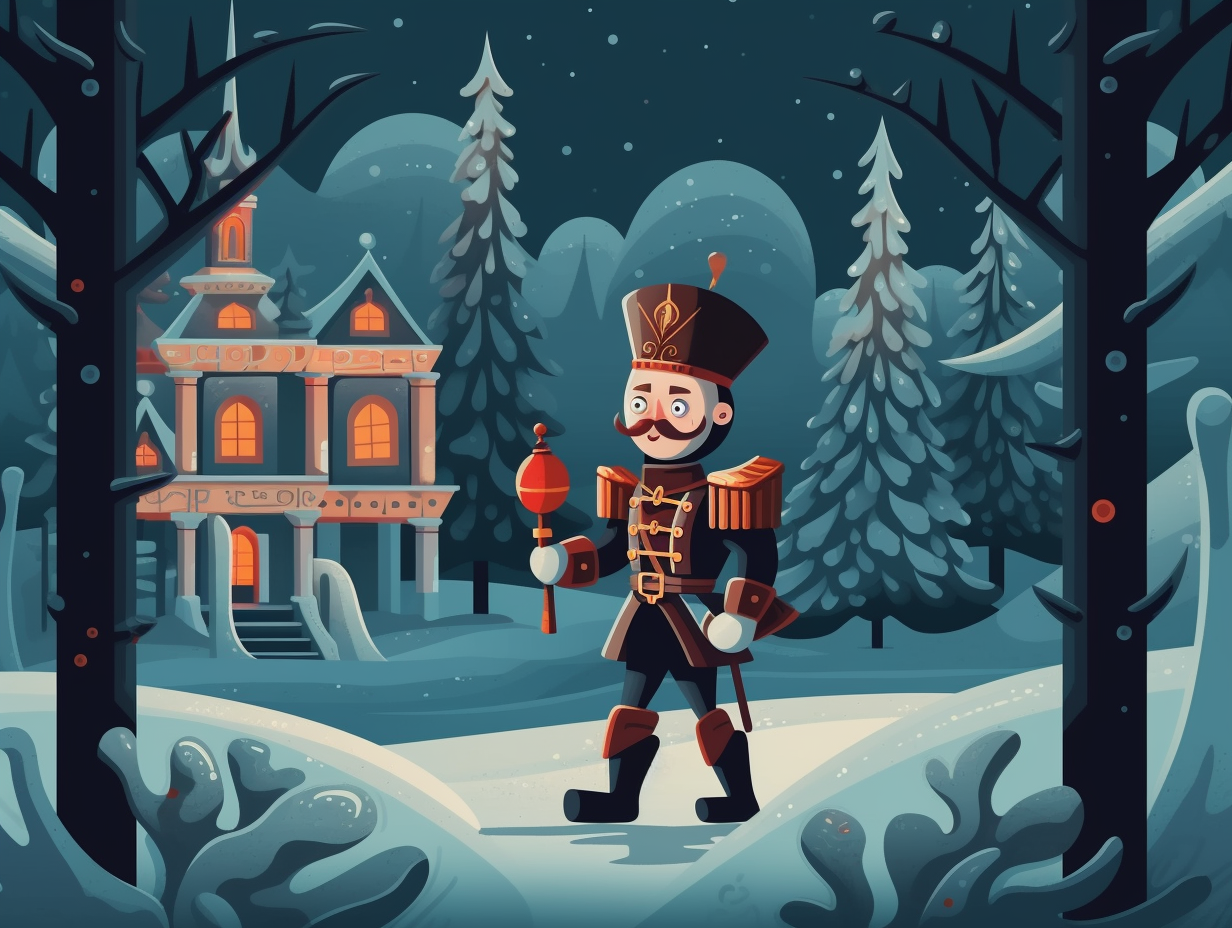
10. Snowflake Choir's Debut
When snowflakes aren't busy auditioning for winter wonderland selfies, they moonlight as choir members in a famous ballet: "The Nutcracker" was the first ballet to feature a children's choir, with Tchaikovsky composing the "Waltz of the Snowflakes" to highlight the voice of these frosty performers.
Source => dance-of-the-sugar-plum-fairy.weebly.com
Related Fun Facts



